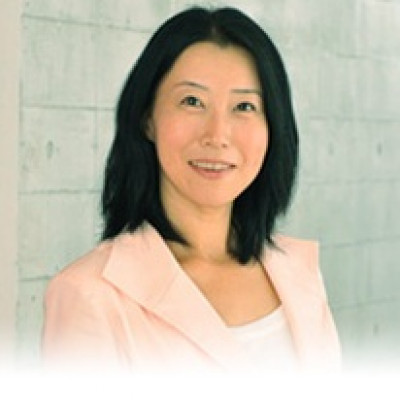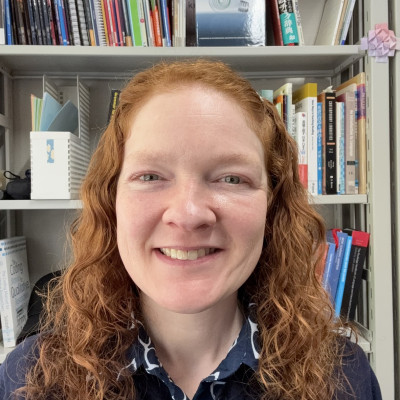Sessions / Keynote Speaker
Language Learning in this New Hybrid Era: Things that Change and Things that Don't Change #1618
Like any other learning subjects, the COVID-19 pandemic has had a profound, significant effect on language learning. Remote teaching is now common, and both teachers and students are getting used to learning via technology. This presentation has two parts. The first summarizes language learning before the pandemic and since it began and proposes things that do and do not change. Those that do not change include (1) the significance of design, (2) increased student input and output, (3) practice of the four skills, and (4) in-class and outside-of-class learning activities. The things that do change include (1) lesson series designed to include synchronous and asynchronous learning activities, (2) new input and output methods, (3) four skills training that uses control of information and media, (4) more learner-centered learning, and (5) a balance of data-driven and knowledge (theory)-driven approaches. One of the biggest differences between the traditional and the new hybrid era is that data collection has become easier and the types of data available are more varied. These learning data can enable our teaching to include more evidence-based interventions and just-in-time facilitations. The presentation’s second part focuses on the larger vision of technology-enhanced language learning. Technological advancements enable us to be more creative and innovative as instructional designers and teachers. The presentation discusses the further development of recent technologies and proposes their potential applications in the near future. Let’s imagine and discuss the possible directions of future language learning and some strategies for overcoming concerns.
Optimizing the future of language teaching with technology in Japan #1619
Pandemic-era teaching takes many forms: online, face-to-face, hybrid, and hyflex, among others. Teachers must be prepared to transition rapidly among these modes, depending on local conditions and the whims of administrators. Where will language teaching with technology go from here? In this talk, I make four predictions for Japan and provide my recommendations for optimizing this future. First, I predict that online instruction will quickly fall back to prepandemic levels—that is, unless we make efforts to prevent this. CALL experts are well suited to argue for the effectiveness of online learning, where appropriate. One area where we may be able to make progress is in virtual international experiences, such as online study abroad. Second, most institutions will adopt bring-your-own-device policies. This will bring significant advantages for the use of technology in language classes but also present challenges when students’ devices are not uniform. Teachers will need more tech literacy to meet these challenges. Third, our institutions will recognize a growing variety of learning differences among our students and rely on us to accommodate them. To support all learners, universal design will become standard. Fourth, although most instruction will return to the physical classroom, we will need to be constantly prepared to shift instruction online again. This will apply not only during the current pandemic, but is also necessary preparation for future public health or natural disasters that prevent face-to-face instruction. Emergency remote teaching will no longer be adequate; instead, we will need to provide high quality online learning experiences. To prepare to meet these challenges and optimize the outcomes, we need quality professional development (PD). Although current offerings from our institutions are inadequate, CALL experts can help to fill some of the unmet needs. In conclusion, I encourage CALL experts to push for the future of technology in education that they would like to see. We have the power to make change in the use of technology through our research, our exemplary teaching, and the PD we provide to our fellow teachers.

